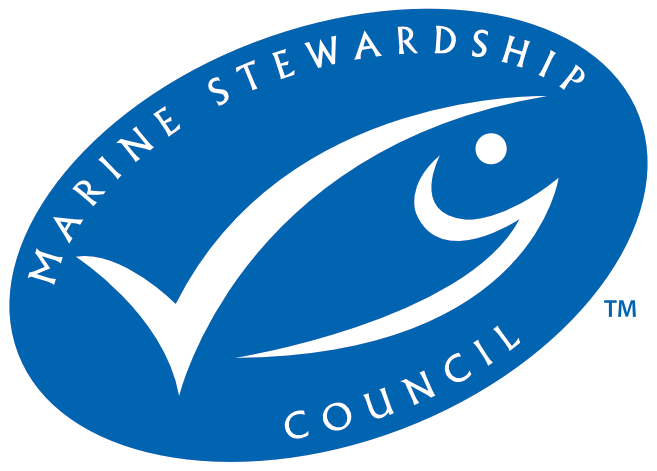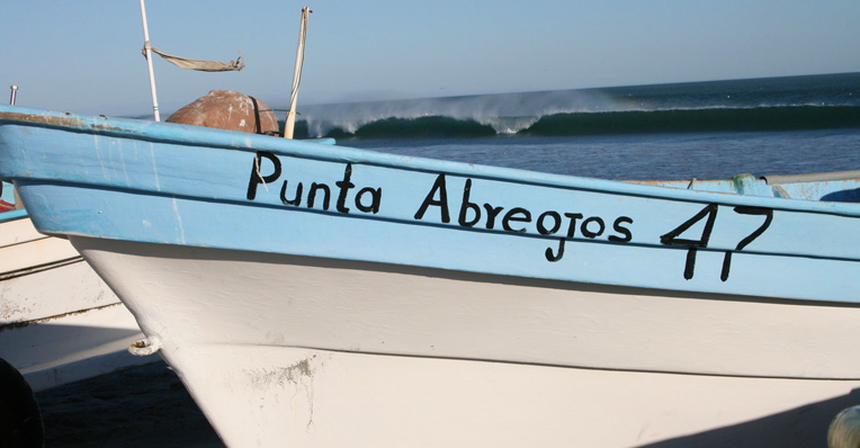
- Certifier :
- SCS Global Services
- Certified status :
- Certified
- Certified since :
- 27 Apr 2004
- Certificate expires :
- 29 Jun 2027
Overview
Fisheries are composed of one or more parts, each of which is entitled to receive an MSC certificate. These parts or “units” are defined by their target stock(s), fishing gear type(s) and if relevant vessel type(s), and the fishing fleets or groups of vessels.
When the term “Unit of Certification” is used for fishing units that are in assessment, it refers to the “Unit of Assessment” or “Unit of potential certification”. Expand a status below to view the parts that form this fishery. To check the detailed scope, download the latest certificate or open the Assessments page to get the latest report. Find out more by visiting our page on Fisheries
Catch by Species
| Species | Reported Catch Year | Metric Tonnes |
|---|---|---|
| California spiny lobster (Panulirus interruptus) | 2021 | 1,243.8 |
Information is provided by an independent Conformity Assessment Body as live weight (the weight of species at the time of catch, before processing) and where a fishing season covers multiple years, the end year is given as the reported catch year. Additional information is available in the latest report, see the assessments page.
About this Fishery
In 2004, the Baja California red rock lobster fishery, on the Pacific coast of northwest Mexico, became one of the first developing world fisheries to achieve MSC certification.
The fishery is managed by 13 community-based cooperatives. It includes around 1,300 lobster fishers, and directly benefits an estimated 30,000 people.
Rectangular traps are set by hand, from small fishing skiffs – most boats are around 8m long and equipped with a single outboard motor. There is a minimum legal size for lobsters, and females with eggs cannot be taken. All traps must be fitted with escape gaps to prevent under-sized lobsters being caught, and with biodegradable releases to prevent lobsters and other creatures getting stuck in lost traps (known as ghost fishing).
Studies have confirmed the minimal environmental impact of this artisanal fishery, which was recertified in 2011. It was recertieid again in 2017.
"The red rock lobster fishery has demonstrated that MSC certification not only improves community fisheries that are already well managed, but also empowers the people who depend on them for their livelihood." - Meredith Lopuch, Deputy Director, WWF-US Sustainable Seafood Initiativez
Market Information
Around 90% of the fishery's catch is exported, to Asia, France and the US. The rest is sold domestically, mainly to restaurants.
